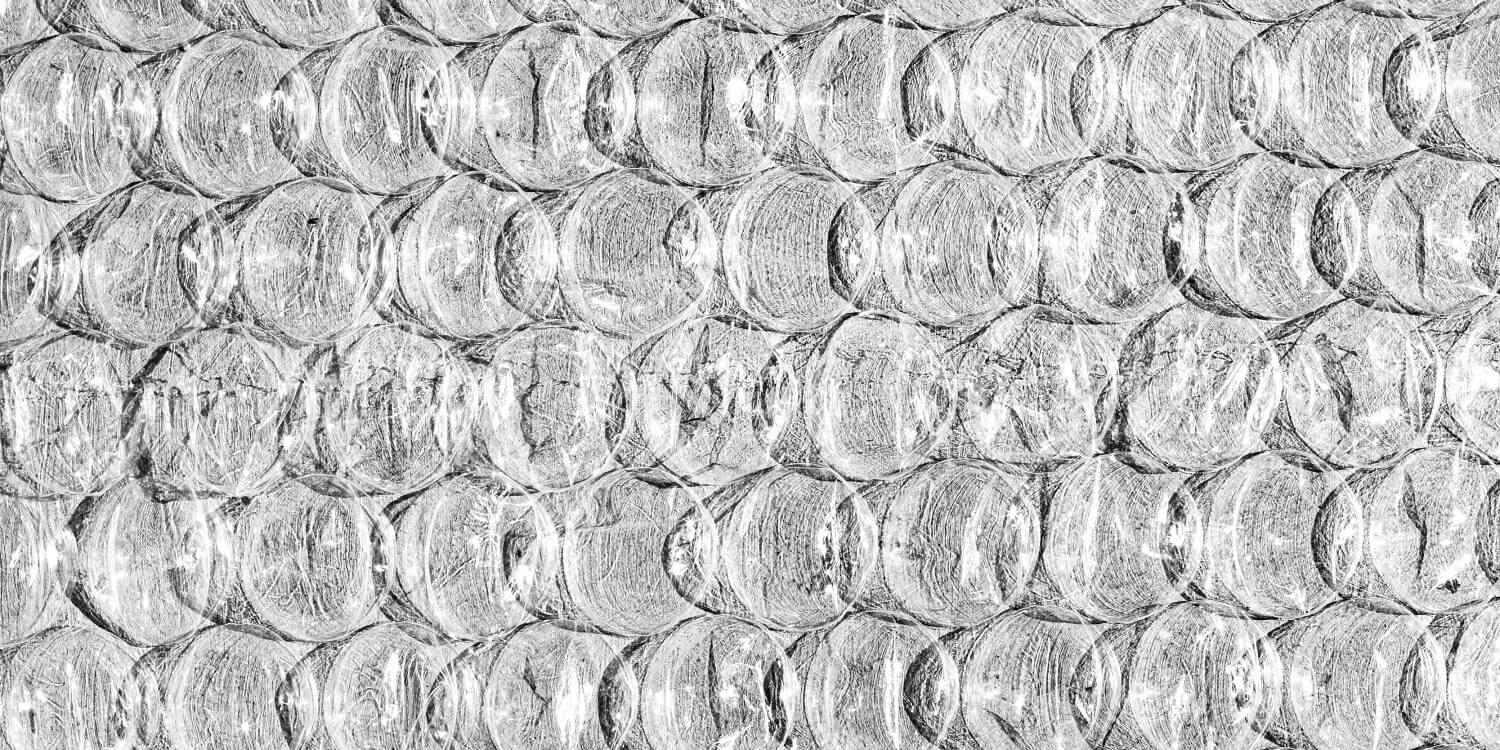
Conducting research with integrity – in a way that inspires confidence in its methods and conclusions – is critical for maintaining public trust in science and in scientists themselves. While individual researchers and groups are responsible for the way in which they conduct their research, promoting research integrity extends to considering the structures and processes that condition the ways in which scientists work and share their findings.
In this paper, Michael N. Barber, who is Emeritus Professor at Flinders University, Australia, and a member of the Steering Committee for the ISC’s project The Future of Scientific Publishing, argues that the science publishing system could and should play a greater role in detecting mistakes and misconduct in research.
Barber hopes the paper will ignite necessary discussions in the community, where ‘diverse calls for reform of scholarly publishing are reaching critical mass and intensity’. In order to strengthen the processes of scientific publishing towards the aim of supporting ethical and rigorous research (at the same time as discouraging misconduct), he proposes two key reforms:
Barber acknowledges that the impact of these reforms on the publishing system would be limited, and that a more radical reform of scientific publishing is desirable, but suggests that these changes can help nudge the community and the industry in the direction of strengthening research integrity.
This is particularly crucial in the light of other changes afoot in scientific publishing, such as increasing use of open access publishing, says Barber:
‘Ultimately, responsibility for the trustworthiness of the record of science lies with those whose work builds it. However, journals can take action to ensure the integrity of papers they publish after peer and editorial review. It would be a pyrrhic victory if opening the record of science led to a decrease in trust in science or, worse, the weaponization of preventable failures against science more generally.’
Michael Barber, Strengthening research integrity: The role and responsibilities of publishing
Read the occasional paper at the link below, and find out more about the ISC project on the Future of Scientific Publishing here.
Image: Universal Eye for Unsplash